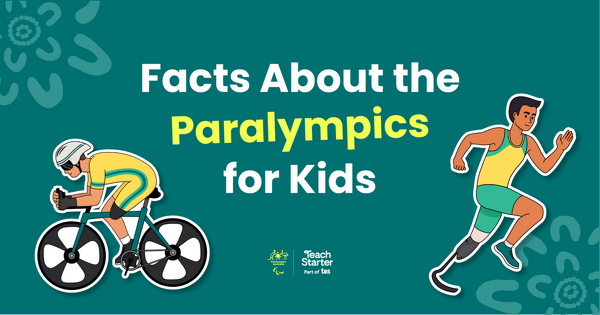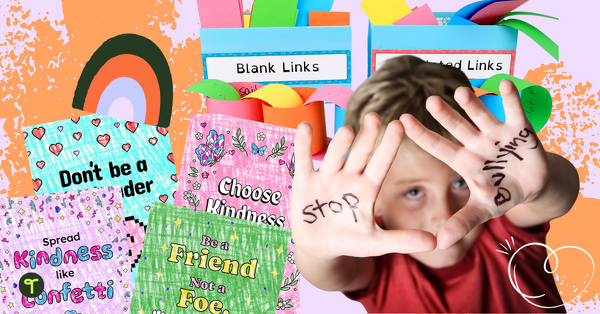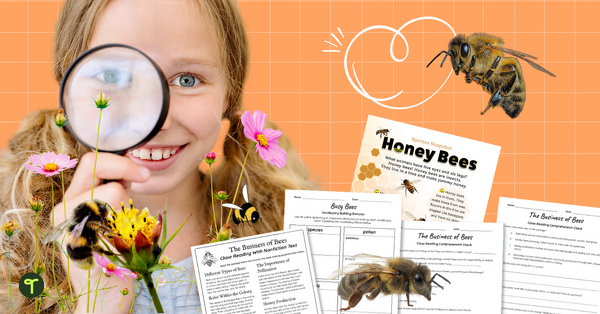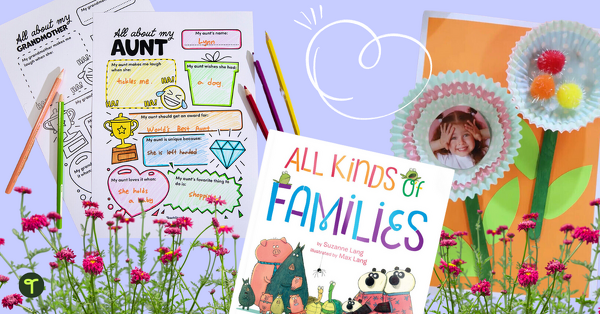Parents are a child’s first and most important teachers.
– Author Unknown
As a parent myself, I have learnt a lot since my daughter started Prep this year! However, things that may come naturally to me, as an experienced early years teacher, such as listening to my daughter read her home readers, may seem daunting, terrifying or even stressful for other parents. Especially if it’s their first child, it’s the unknown that can be the hardest.
That is why I decided to write this blog, aimed at parents, but suitable for teachers to share with their students’ parents at the beginning of the year!
The more parents know about what to do, the less daunting it will be. And, the more likely they are going to spend the time listening to their child read, which we all know is a crucial element in the learning to read process.
The video below may be a good place to start. I often covered off these tips at the beginning of the year for parent information night. The hard work has been done for you, why not show this video to new parents at the beginning of the year.
Home Reading Tips and Information for Parents
Should the books be easy or difficult?
The books that children bring home to read, should be at a slightly lower level than what they are reading in the classroom. It is meant to be an enjoyable experience for both parents and their children. Not stressful!
If your child is getting stuck on every second word, then the book is too hard for them. This can get frustrating for both you and your child which is not setting them up for a positive experience. I would suggest having a chat to their teacher if this is happening.
Make it Routine
Find a quiet, comfortable spot that is the go-to reading spot with your child. If you have other children, this can be tricky, I know! It’s about finding the right time for you and your child. Whether it be just before they go to bed, or first thing in the morning. Do what works for you!
Ease Into The Book
Get your child thinking about what the book might be about by asking some questions before you start reading. Here are some examples of what you could ask:
- What do you think this book is about? Why?
- Do you think this is a story or a fact book? Why?
- Can you read the title? Does this give you some more clues?
- What can you notice about the picture on the front of the book?
Don’t Tell Them, Guide Them
If you tell your child every word they get stuck on, they won’t learn to use the reading strategies they are learning at school and will expect you to tell them every time. This isn’t going to help them to develop and grow as readers.
Here are some basic reading strategies your child may have been taught in the classroom:
- Can they use the picture to help?
- Stretch out the word – so for the word shouted – ‘sh-ou-ted’.
- Can they see for chunks in the word, or smaller words in a larger word – so for shouted – they could see ‘shout’, or ‘out’.
- Can they sound out the word?
- Get them to read to the end of the sentence for further clues. What would make sense?
- Get them to work out the first sound of the word and get their mouth ready for the word.
You may find our different reading strategies bookmark helpful.
Make it Enjoyable!
Reading is meant to be a fun enjoyable time with your child.
If you are getting frustrated with them, this will rub off on them. If they are finding it hard or they are too tired – read a page each. Get them to follow along with you and make silly mistakes! Your children will love correcting you. Put on some silly glasses (the ones with big noses) and read the book together!
Comprehension is Important
When they have finished reading the book. Ask a few questions to check for comprehension.
Your child’s comprehension is a vital component of them learning to read. A lot of the time parents listen to the home reader and then mark it off as complete. Getting into the habit of asking some questions at the end will help your child with their comprehension skills.
They don’t have to be difficult questions, here are a few that you may like to ask:
- What was your favourite part of the book and why?
- How did you feel when you read that story?
- What did you learn from this story?
- What was the problem in the story?
- Which character did you like and why?








Hi Holly, I am just seeking permission to use your video for parents at school. Thank you
Hi Bec, thanks for reaching out! You definitely can use the video... thank you for asking! I hope your parents find it really helpful! Have a wonderful day.
Hi there, We are just looking for permission to use this video as an example of how to read with your children at our parent Literacy information session. Would this be ok to share. Thank you
Hi Heidi, You are most welcome to share the video for your information session! The video is available on YouTube at https://www.youtube.com/watch?v=M4Sl87VPX_4
We would like to use this as an inclusion in our take home reading folders as information for parents.
Hi Shaleen, That is a great idea! Feel free to share this blog with parents.
Is there a PDF version of this information that we could include in our school newsletter?
Hi Caroline! A great idea that we are definitely looking into for our blogs. We'll get back to you as soon as this is a possibility. Thanks for your comment.
Thank you are we allowed to use this resource for next years' Parents' Presentation night?
Hi Chrissa, Of course! I think that would be a great idea. If there is anything else I can assist you with, please don't hesitate to contact me.